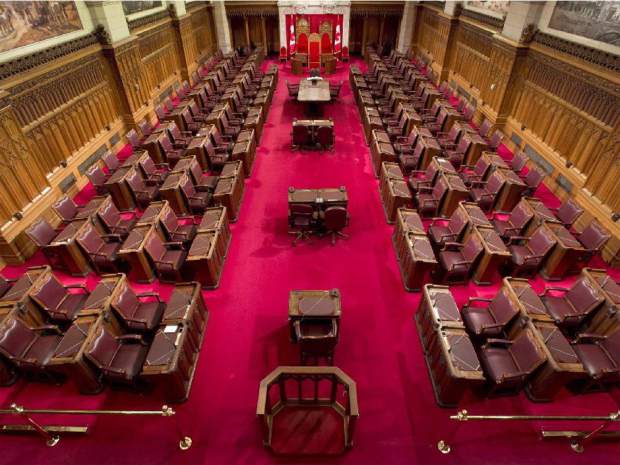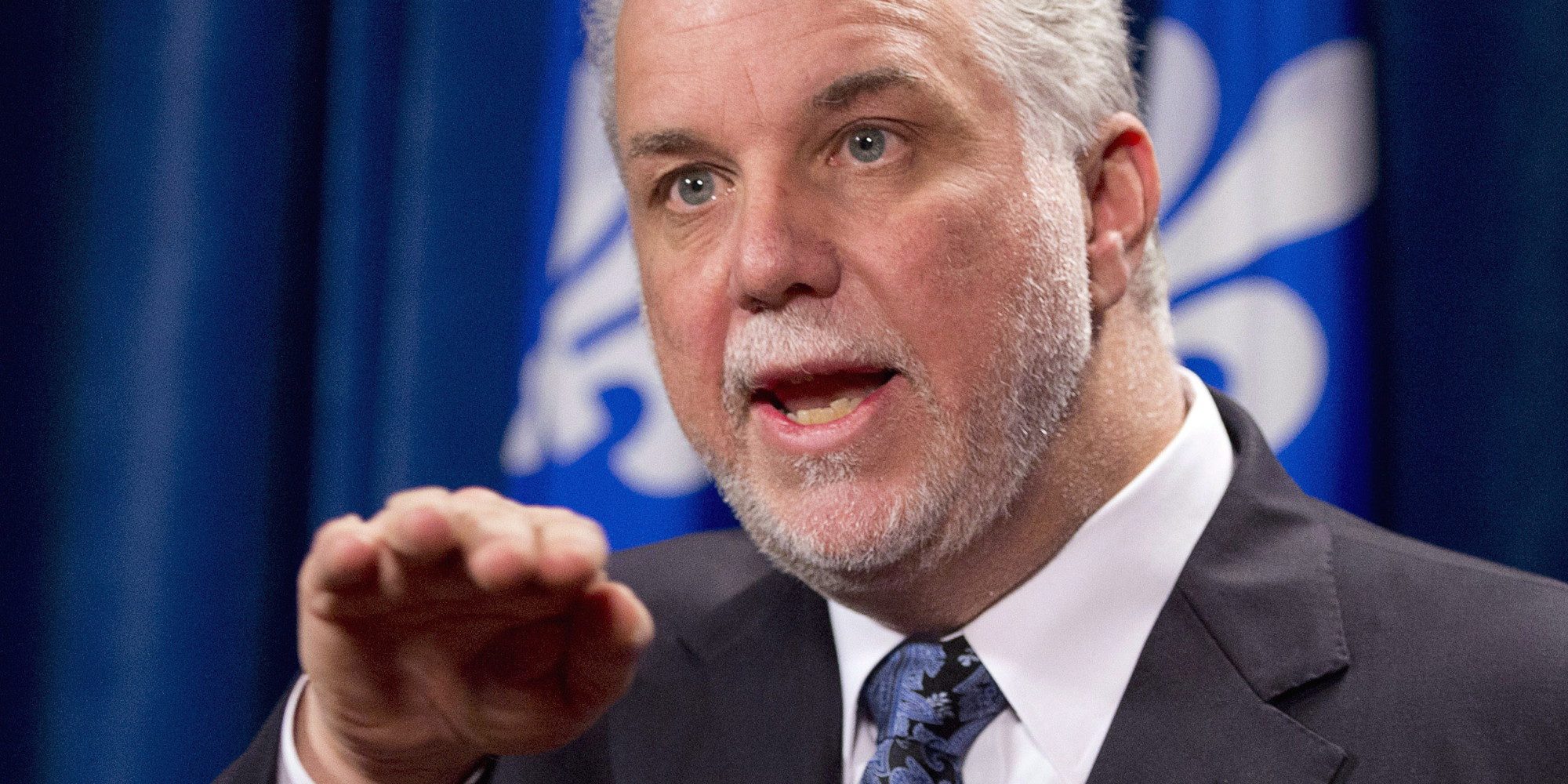This past week, the Institute for Research on Public Policy held a day of roundtable discussions with academics, Senators, and stakeholders about the "new" Senate, and what the future holds for it. While much of the discussion was predicated on the notion that the more independent character of the "new" Senate was an unqualified good thing (I still say the jury is out on that because we haven't had long enough to get a sense of all of the knock-on consequences), there were nevertheless a number of interesting points raised that gave me pause for reflection, and in particular, I was taken by the notions of "hard" and "soft" power within the Chamber and its operations.
On its face, the expressions of "hard" and "soft" power can be fairly stark, but perhaps a bit superficial as well. Examples of "hard" power in the Senate would be outright defeating bills, whereas "soft" power is much more nuanced and complex, and is more about scrutiny and persuasion, or to import a term more suitable to the vice-regal, to advise, to encourage, and to warn. Most observers tend to look for concrete expressions of hard power voting against bills, or amendments, or the like, and a number of current social scientists studying the Senate are using voting data to build quantitative models to tell the story of the Chamber's independence.
One of the speakers at the roundtable also likened the time where Senator Allan MacEachen was the leader of the opposition in the Senate in the Mulroney years as a time that solidified the use of "hard" power, though it should be noted that MacEachen never oversaw the defeat of a bill. The Liberal senators of the day did frustrate Mulroney's agenda to a great degree through other mechanisms, though that may mean we need to nuance the use of "hard" power as well as "soft."
Of course, "soft" power is much squishier, and doesn't translate well to the kinds of ways in which these social science-types are able to quantitatively prove their theories. This is especially true in the attitudes toward certain votes within the Chamber, and an attitude among a certain cohort of older senators that Third Reading votes were less important than the quality of interventions at committee, and getting the concerns about legislation onto the record. In these days, where the Independent Senators Group is on the cusp of a majority in the Upper Chamber, we'll see a lot more exercise of "soft" power as these senators will try to exert more subtle forms of influence with an eye toward improving legislation without trying to defeat bills and thwarting the will of the elected House of Commons.
But this is where I start to diverge with some of the other speakers of the day, because I think that with the excision of senators from the Liberal caucus, we lost a great deal of the existing "soft" power tools that the Senate has long been able to exercise. One of the important features of the Senate is that it is the institutional memory of Parliament, given that its members tend to have longer tenures as MPs in Canada have a high turnover rate, which seems to be increasing. Prior to the current push for independent senators, the fact that many appointees had prior political experience meant you also had a number of former MPs, MPPs/MLAs, and in some cases, even provincial premiers in the room, and that provided you had even longer memories about politics and the exercise of power. And in keeping with the themes of advising and warning, these memories could have exercised a great deal more influence behind the closed doors of the caucus room because these were people who had been there and done that, and could let the caucus and their leaders know that things had been tried before and either succeeded or failed. That's gone now.
In fact, the loss of senators from the Liberal caucus has had a secondary effect of insulating the leader from internal criticism, and in turn centralized his power, because there are no longer experienced voices in the room that can push back against abuses of power, which is an even bigger expression of "soft" power that is tangible but hidden from public view. This has been lost, and if one were really cynical, one could view the move to greater Senate independence as a bit of a sideshow a distraction as people are being told to look at the shiny bauble of the "independent" Senate as it asserts itself while Trudeau tightens the grip on his own caucus. People tend to ignore the very real effects of how the bastardized leadership selection process that put him there has a far more corrosive effect on our democracy than even the most partisan Senate ever did.
But while this is consolidation of the party leader's power and loss of tangible "soft" power plays out, it can't be ignored that this "new" Senate may be a reality for the next decade at least. One speaker said that the numbers had been crunched, and if Trudeau fills all of the vacant seats before the next election, that the Independent senators will hold the majority in the Chamber for ten years, and if Trudeau wins in 2019 and continues to use this process over the following four years, that the Independents would hold the majority for 18 or 19 years. This could have a detrimental effect on Parliament as a whole for a generation if we're not careful, we may find ourselves with a sanctimonious priestly class who are less willing to bow to the will of the elected house because so many of them have come into the Senate with egos and a sense that they know their particular subject-matter expertise better than anyone and that the government should bend to them, and there will be less reluctance to use those "hard" power tools. I see hints of this already, and while it's still rare, the growing number of appointees under a system that has problems could mean that this may be ticking time bomb that the next generation will need to clean up when it blows up in our faces.








